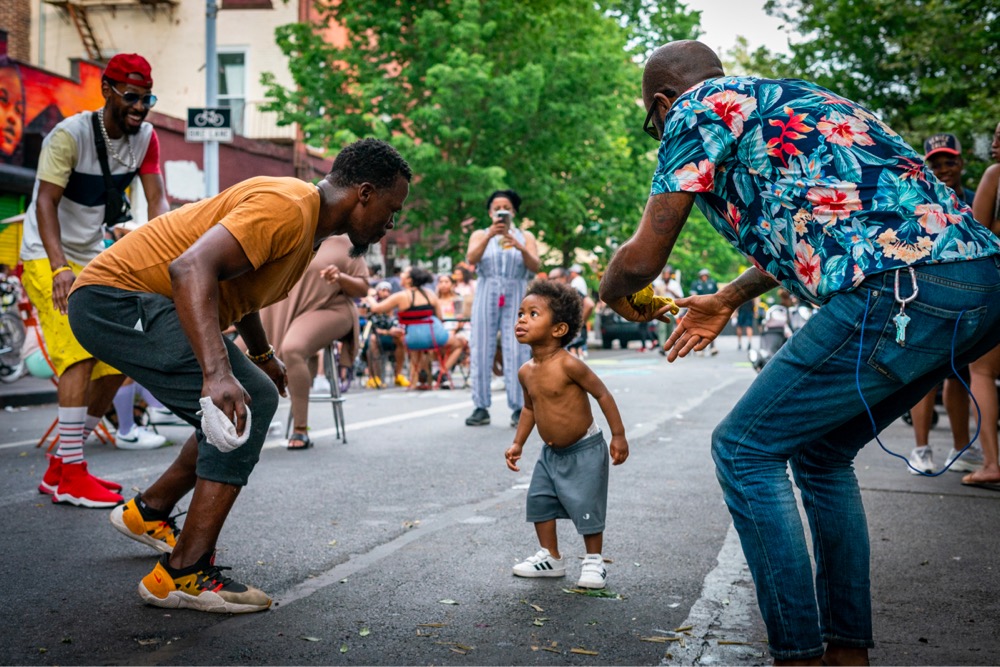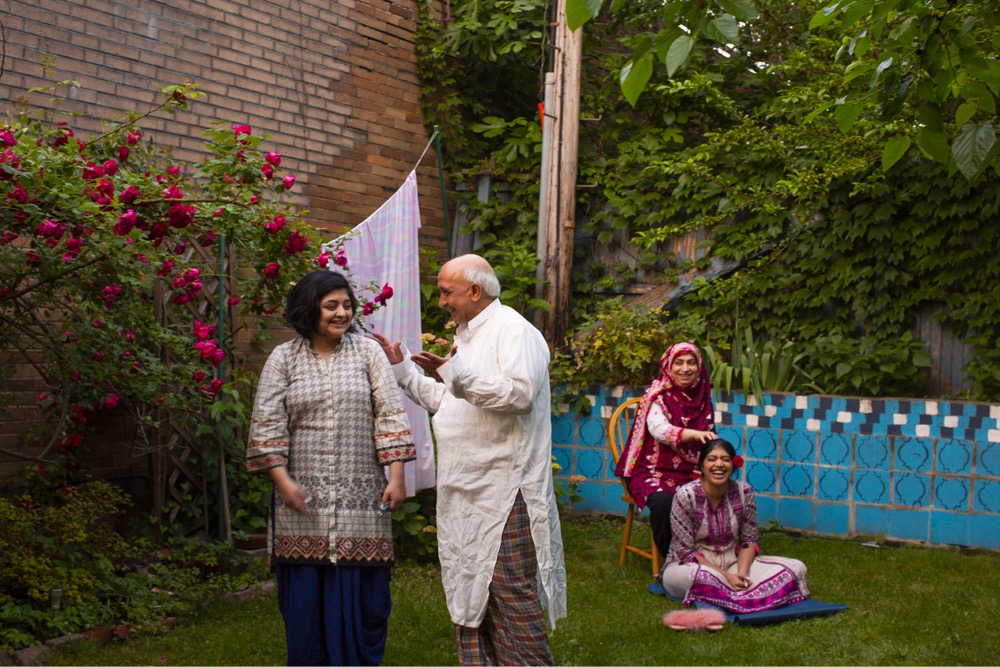Picking up the pieces by William Logan | The New Criterion.
The essays are often beautifully lopsided—they never seem to know where they’re going, and they don’t leave many breadcrumbs for those following; yet she always seems to meet, or stumble upon, the right person to interview.



Just as they did last month in capturing motherhood, The Luupe has curated a collection of photos taken by women and non-binary photographers called 100 Visions of Fatherhood. Photos above by Amanda Addison, Kari Grimsby, and Hanifa Haris.
Clinton Jones challenged his community of 3D artists to interpret a simple animation of a person walking with a heavy load. 2400 people participated and Jones collected the 100 renders for this video. What a fantastic illustration of the power of constraints and the abundance of human creativity. Ok, much of the imagery is borrowed from Star Wars and other sci-fi universes, but the stuff that isn’t is delightful. Even with no explicit narrative connection between the scenes, somehow this all seems like part of one big journey. One of the simplest stories we tell is someone moving from one place to another and it doesn’t need to be The Odyssey, Fury Road, or Thelma & Louise to be compelling.
You can also watch a video featuring all 2400 entries (it’s 2h 45m long) and a montage from a previous challenge featuring 125 artists.
See also Transfiguration: An Ever-Evolving Walking Figure
Academics and authors issue public letter in support of the Oxford University Press USA Union Campaign — “the collective voice of OUP workers can contribute to the Press’s mission of publishing excellence”As a student he took his engineering education “beyond the technical into the philosophical” — a profile of philosophy-minded engineer Zachary Pirtle, who recently won a NASA Early Career Achievement Medal; worth sharing with science-minded undergrads.“The kind of ethics we should hope the arts and humanities steer us towards is one that ameliorates and transcends the limitations and distortions of this dominant paradigm derived from science and economics” — John Tasioulas (Oxford) on the value of humanistic thinking for AI ethicsThe definition, defining moment, history, politics, and future of analytic philosophy — a discussion with Christoph Schuringa (NCH)What does it mean to call an inanimate object “racist”? — Vanessa Carbonell (Cincinatti) and Shen-yi Liao (Puget Sound) explain, with a focus on medical devices“The problem with the cities that Plato and Aristotle envision is not that their citizens lack autonomy… The problem is that most of us think that Plato and Aristotle are simply wrong about what the wise and just laws are” — Christopher Frey (South Carolina) on philosopher kings and liberal individualism“You cannot simply cut people off; you are not free to leave at any time… If your [lives are] entwined” — Agnes Callard (Chicago) on the ethics of ending relationships


